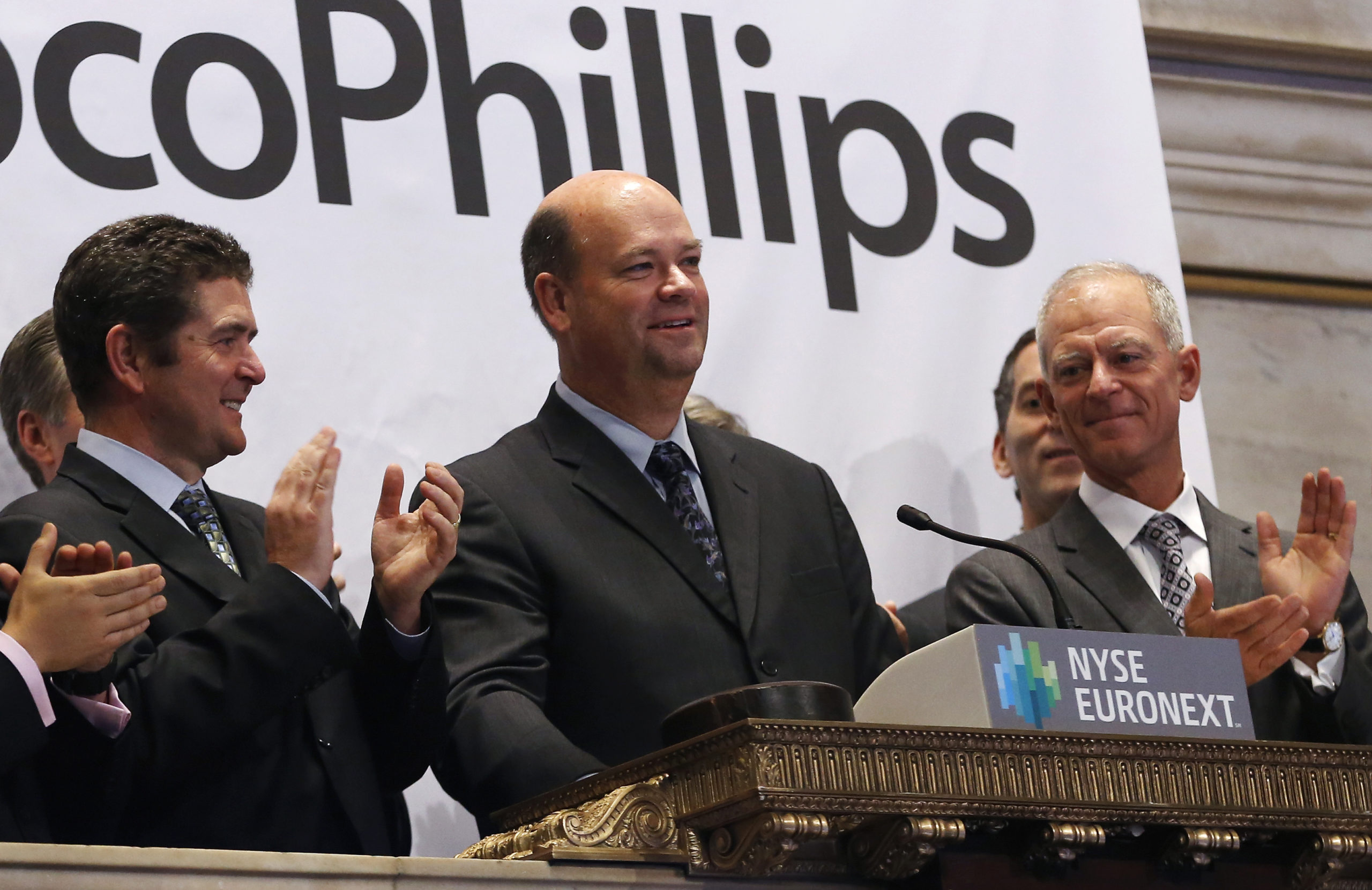Citing a major Arctic Alaska project, ConocoPhillips CEO blasts US energy policies
The U.S. suffers from "poor energy policy, poor regulatory policy," said Ryan Lance. His company has had delays at the Willow project on Alaska's North Slope.

HOUSTON — ConocoPhillips Chief Executive Ryan Lance on Tuesday said while energy security recently has become more important with worries over supply, policymakers need to focus on providing long-term support for fossil fuel, renewables and nuclear development.
The United States has suffered from “poor energy policy, poor regulatory policy” that led to the energy strains now occupying the world’s attention, Lance said at the CERAWeek energy conference, citing the Willow project on Alaska’s North Slope.
The rapid push to renewable energy and a maligning of the fossil fuels industry has helped create the current supply shortages that have sent oil and gas prices surging, Lance said renewing past criticisms of U.S. policies.
[Major oil companies and investors pull back from Russian Arctic oil and gas]
“I think as people start to realize the implications of trying to drive that — the regulatory standards, the way governments are approaching the business — trying to drive towards a cliff transition, there’s nothing just about them,” Lance said.
“There’s nothing fair about it, it’s going to create economic hardship,” he said.
The U.S. ban on imports of Russian oil that was announced on Tuesday “makes sense” as a message to Russia, he said, even as fears of a lack of supply pushed prices to record levels.
Oil on Tuesday jumped 7 percent to as much as $132 a barrel, up from about $78 a barrel at the end of last year.
[As a new review gets underway, the future of a huge Arctic Alaska oil project is uncertain]
ConocoPhillips’ Willow Project on Alaska’s North Slope — which Lance called “an amazing new play” — has been tied up in a regulatory review after a federal judge ruled the company had not adequately answered questions for its permit. A court-ordered new environmental review began last month.
He said conversations between the oil industry and government have started to “ramp up” in light of the recent energy supply crunch, without providing details.
Lance estimated that U.S. production will continue to grow, but he did not deviate from pledges he and other executives of publicly traded energy companies have made to focus on shareholder returns.
Current, high oil prices will allow oil companies with debt taken on during the pandemic to pay down that debt and improve shareholder returns, he said.
“There’s going to be plenty of cash. I think there’s going to be cash to do both things,” Lance said. “But as an industry, we can’t lose sight of the returns.”